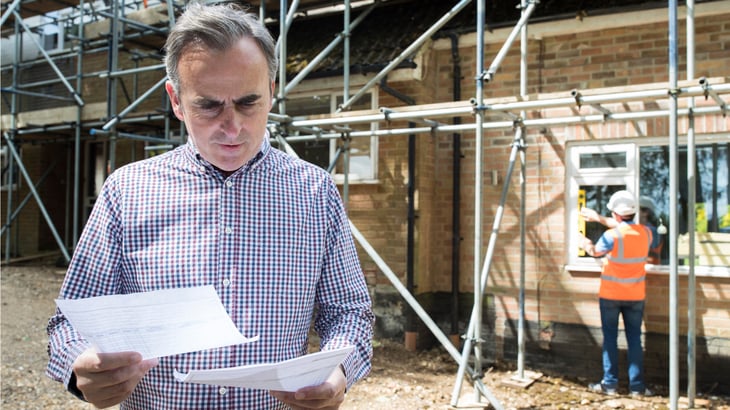
Retirement is expensive. After decades of counting on paychecks, life on a fixed income can be a tough adjustment.
With that in mind, we looked at some retirement purchases that, while common or popular, may not make good sense on a limited budget.
Some of these purchases are a bad idea to begin with. Others aren’t particularly smart or useful in retirement years. And others are unaffordable for people on a tight budget. Of course, if your funds are unlimited or you retire early, some of this guidance may not matter to you.
1. Timeshares

At any stage in life, buying into a vacation timeshare can be a bad idea. But in retirement? Well, ask yourself: Does signing a decades-long contract at age 60, 70 or beyond compute? How much longer will you be able to travel? Or want to?
And there’s the financial commitment itself. As Money Talks News founder Stacy Johnson says, timeshares do not typically sell for what “owners” paid for them. And they can be a real headache to inherit.
Timeshares can lock buyers into contracts with steep annual payments (maintenance fees). You may be able to rent yours out to others, but do you want to do the marketing and management? Or subsidize someone else’s vacation if you can’t earn enough to cover your costs?
Not all timeshares are a bad deal. But the most reliable way to enjoy one is to rent someone else's unit, Stacy says.
2. Life insurance

Life Insurance is relatively inexpensive for the young, when your odds of dying are low.
By retirement age, though, it can be unaffordable because insurers are charging more to cover their increased costs for paying out death benefits to this demographic.
But you probably won’t need life insurance in retirement, anyway. With grown dependents, there’s usually no need to insure that they’re supported when you’re gone.
Assess your own situation and costs, of course. Maybe you’ll find it worthwhile to keep an existing policy but unnecessary to avoid buying new coverage.
3. What your grown kids need

The last few years have been financially brutal for many young people. You may be among the 65% of American parents who are giving adult children some type of financial support.
In 2023, USA Today surveyed 5,000 parents and found, in the 36 largest states, those who are supporting offspring aged 22 to 40 valued that aid at $718 per month, on average.
How long should retired parents keep this up? One in three of the parents surveyed who were supporting grown kids said it was causing them financial strain.
Pushing grown kids from your nest isn’t easy. Helping with short term and carefully considered expenses — education, for example, or getting established — may be important if you can afford it. Eventually, though, everyone benefits when young people become fully independent.
We’ve got suggestions for cutting purse strings and ways to help grown kids without giving cash or paying their bills.
4. Extravagant impulse buys

Not having saved more is one of retirees’ five big regrets. And overspending is one of five common financial mistakes in retirement, say advisors at Ameriprise Financial.
Retirees can save themselves grief by making a clear-eyed assessment of their finances and spending plans before (ideally) or soon after retiring.
Ameriprise has a good tip for managing spending:
“Think about developing a budget for essential needs first, and a secondary one for lifestyle spending. You could adjust both as needed.”
5. Big home renovations

You may yearn to upgrade your home for a fresh start in retirement. Approach this dream with caution.
Fixing up a retirement nest isn’t necessarily a bad idea. Upgrades for aging in place can make good sense if managed realistically.
When Houzz surveyed homeowners in 2019 about home remodeling, 31% said their projects went over budget. In fact, 29% didn’t have a budget.
When planning a remodel or upgrade, consider that costs are hard to estimate reliably:
- Quicken Loans puts the average cost of a home remodel near $50,000, but with a wide range of prices for projects with various sizes and scopes.
- This Old House puts the 2023 “average” cost of renovating a 2,000-square-foot home at anywhere from $40,000 to $300,000, depending on the project.
This means that, on a fixed income, you’ll have to budget carefully and keep an eagle eye on costs. If “dream home” figures into your thinking, stop and reconsider. Unless, of course, you have plenty of funds.
Either way, don’t kid yourself about “investing” to increase your home’s value: Remodeling rarely pays a return on investment.





Add a Comment
Our Policy: We welcome relevant and respectful comments in order to foster healthy and informative discussions. All other comments may be removed. Comments with links are automatically held for moderation.